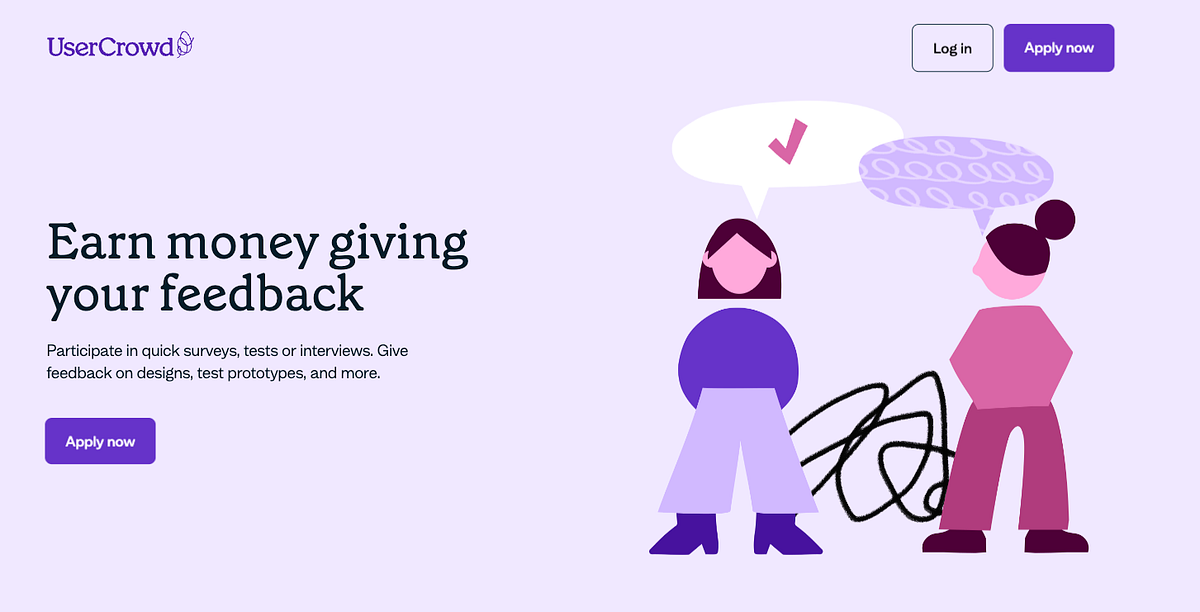
"Let's take a critical view of unmoderated user testing. What if there is potential value in the interaction between humans that adds that extra layer to research findings? What if we risk missing something important when introducing remote unmoderated testing? And what happens when people get paid quite a lot to do not too much? I don't claim to know everything about user testing, but I've been doing user research and testing for many years and have seen the rise of companies facilitating the processes."
"I have, of course, tried using these tools, and my conclusion is that they are helping us tick the box that testing has been done, but they are rarely giving us any deeper insights, because an insight is more than just an observation. The word is defined as "the ability to have a clear, deep, and sometimes sudden understanding of a complicated problem or situation," according to Cambridge ..."
Unmoderated and moderated UX tests with similar participants can produce completely different results. Human interaction during moderated sessions can surface nuances, probe motivations, and reveal deeper insights that passive unmoderated tests may miss. Remote unmoderated platforms often streamline logistics and incentivize participation, but they can generate superficial observations when participants perform tasks for compensation without deeper engagement. Overreliance on these tools can create a false sense of coverage—testing completed without meaningful understanding. Genuine insight requires interpretation, probing, and contextual understanding beyond recorded actions and metrics. Thoughtful combination of methods and careful participant engagement improves research depth and validity.
Read at Medium
Unable to calculate read time
Collection
[
|
...
]